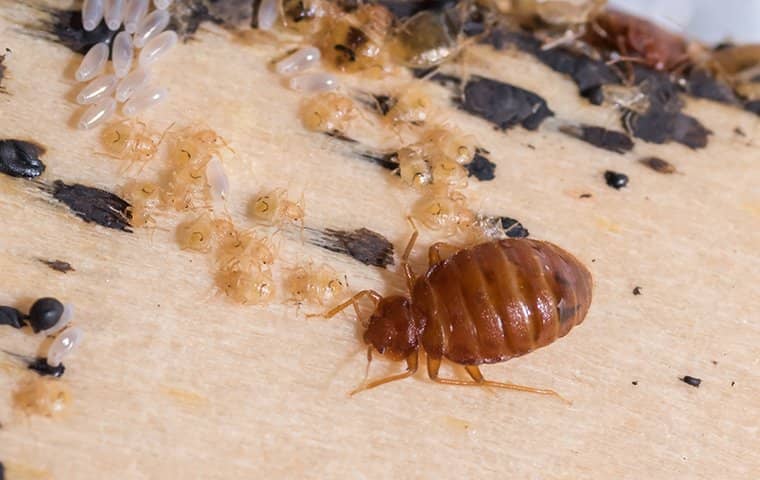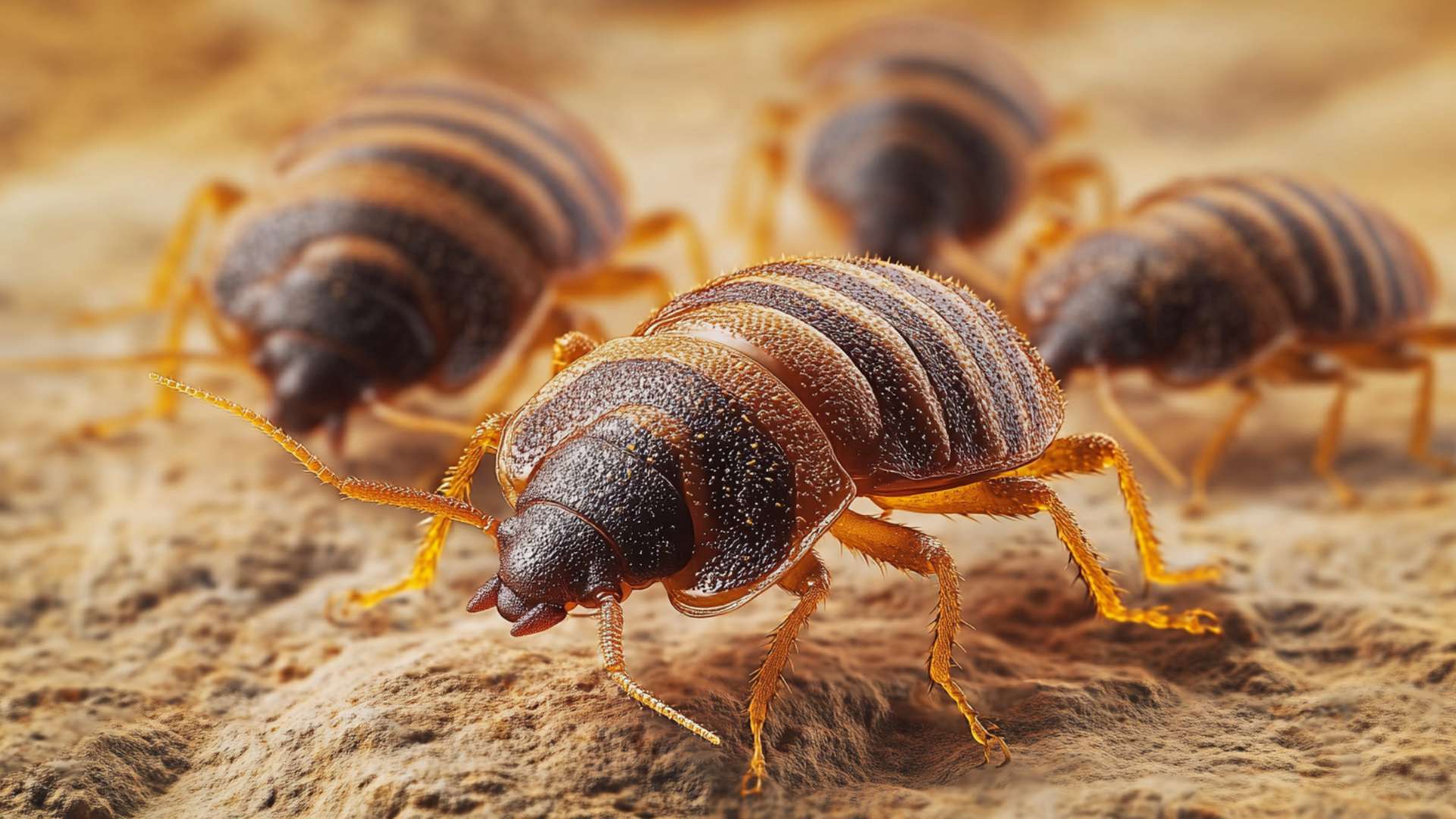A Breakdown of the Various Types of Insect Control Solutions
In the realm of pest control, a wide range of methods exist to combat the visibility and resolve of unwanted creatures. From the conventional use of chemical pesticides to much more innovative biological control options, each strategy provides distinct advantages and constraints. As we browse via the diverse landscape of bug control options, comprehending the details of each approach comes to be extremely important in figuring out one of the most reliable program of action. Stay tuned as we check out the nuanced world of parasite control approaches and find exactly how each type plays an unique function in securing our environments.
Chemical Pesticides
Chemical pesticides are generally made use of in pest control to successfully remove a wide range of bugs and other parasites. These pesticides work by targeting the nerve system of the parasites, interrupting their regular features, and eventually resulting in their demise. Using chemical pesticides has been a staple in the pest control market for years because of their performance and fast results.

However, it is vital to utilize chemical pesticides with care due to their prospective harmful impacts on the setting and non-target varieties. Improper application or overuse of these pesticides can bring about pollution, harm to beneficial bugs, and resistance growth in pest populaces. Therefore, it is critical to follow safety and security standards and guidelines when making use of chemical pesticides for bug control.
Biological Control Methods
Thinking about the possible ecological impacts and threats associated with chemical pesticides, biological control approaches use a more lasting strategy to taking care of insect populaces. Organic control includes the usage of natural opponents, such as virus, killers, and bloodsuckers, to reduce bug populations. This approach is frequently a lot more targeted, impacting only the specific bug types while lessening damage to useful bugs, people, and the atmosphere.

One benefit of biological control is its lasting efficiency. Once established, natural enemies can help control pest populaces continuously without the need for repeated applications of pesticides. Furthermore, organic control is often a lot more economical and can help in reducing chemical resistance in bug populations gradually. On the whole, organic control methods supply a environmentally pleasant and lasting remedy to pest administration.

Mechanical Insect Control
Mechanical parasite control involves the physical control or removal of pests to handle their populations efficiently. One common example of mechanical insect control is utilizing traps to capture pests or rats.
One more mechanical approach is the use of obstacles such as screens, fencings, or internet to block parasites from going into certain locations. By literally protecting against parasites from accessing a location, the possibility of invasions or damages can be significantly minimized. In addition, manual approaches like handpicking insects off structures or plants can be effective for smaller-scale problems.
While mechanical bug control methods can be labor-intensive, they provide a non-chemical alternative that can be eco-friendly and lasting. By targeting pests straight, mechanical control methods can help maintain pest populaces in check without depending on chemicals.
All-natural Solutions
Making use of natural treatments for parasite control offers a environmentally friendly and lasting technique to managing insect populaces without resorting to chemical treatments. Natural solutions involve utilizing compounds obtained from plants, minerals, or various other naturally happening resources to prevent or remove pests.
Furthermore, essential oils such as tea tree oil or neem oil have insecticidal residential or commercial properties that can efficiently control insects while being safe for the environment. An additional natural remedy is presenting advantageous insects like ladybugs or hoping mantises to your garden to victimize damaging bugs. By incorporating these natural solutions into pest monitoring approaches, people can minimize their getting rid of fleas dependence on synthetic chemicals and advertise a healthier, extra balanced community.
Integrated Pest Administration
Integrated Insect Monitoring (IPM) is a comprehensive strategy that integrates various approaches to successfully regulate pest populaces while minimizing dangers to human wellness and the environment. IPM includes the assimilation of numerous insect control approaches such as organic control, environment control, alteration of social practices, and using immune plant varieties. By utilizing a mix of these techniques, IPM aims to decrease reliance on chemical pesticides, which can have negative impacts on communities and human health.
One key aspect of IPM is the focus on avoidance. By carrying out procedures to avoid insect infestations before they take place, such as keeping appropriate cleanliness and sealing access factors, the requirement for reactive parasite control actions is reduced. Monitoring and normal he said examinations play a critical duty in IPM, permitting early discovery of insect issues and punctual intervention.
Conclusion
In conclusion, the different kinds of pest control options supply a range of choices for properly managing insect invasions. Organic control methods utilize natural killers to regulate pests. Integrated Insect Administration incorporates numerous strategies for an alternative technique to pest control.
Chemical chemicals are generally used in insect control to efficiently get rid of a large array of pests and various other pests.Mechanical pest control involves the physical control or removal of insects to manage their populations successfully (Kings exterminator cincinnati).Utilizing natural remedies for pest control offers a environmentally friendly and sustainable approach to taking care of parasite populaces without resorting to chemical treatments.Integrated Insect Management (IPM) is an extensive approach that incorporates numerous techniques to properly regulate description pest populaces while minimizing risks to human wellness and the setting.In final thought, the numerous kinds of parasite control options provide a range of alternatives for successfully handling pest problems